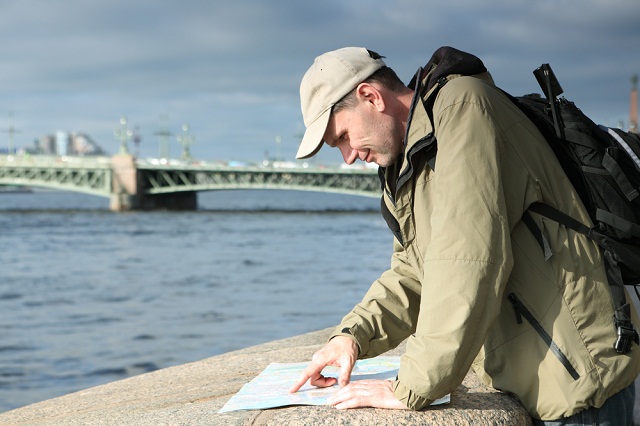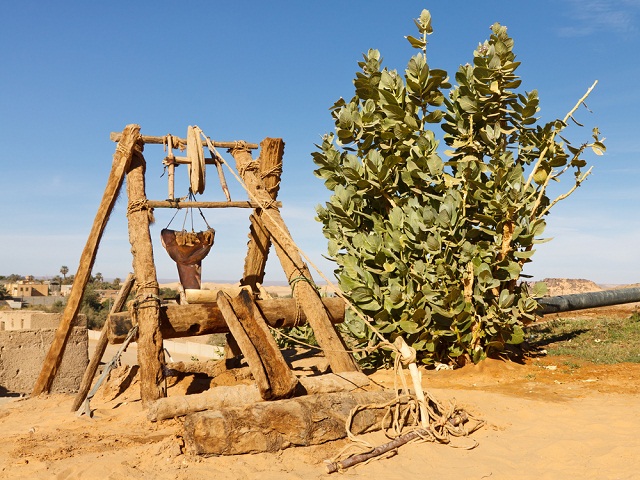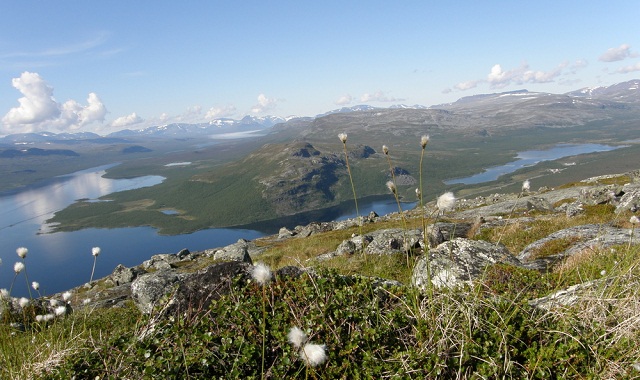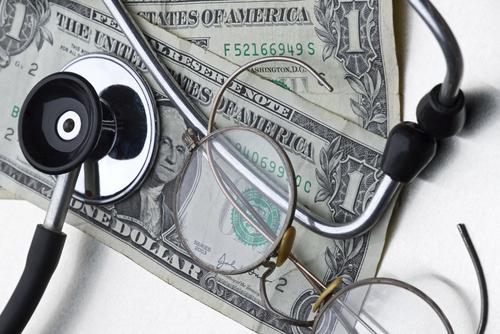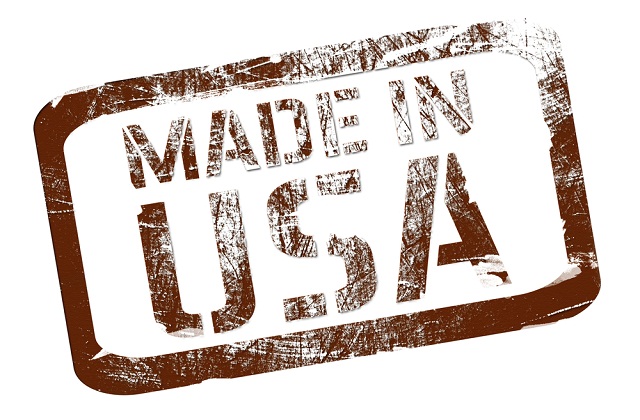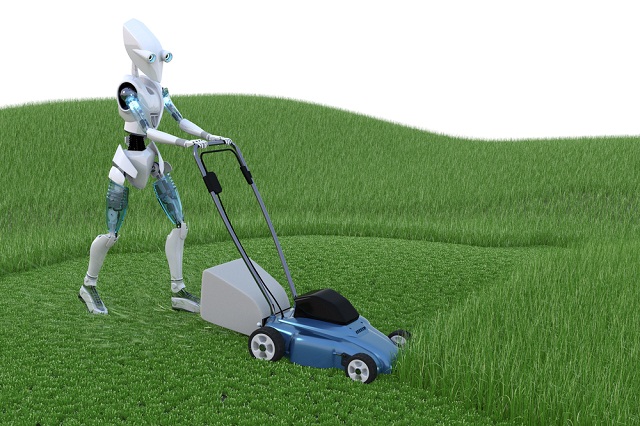Technology & Innovation
All Stories
Over at The Stone, Christy Wampole diagnoses the malaise of the post-millennial age and suggests a few ways “How to Live Without Irony.” It is a sign of Wampole’s misdiagnosis […]
Engineers and scientists have struggled for years to figure out how to turn waste products into significant quantities of fuel. Two companies say they’re closer than ever before to solving this problem.
All 364 subjects under the age of seven exceeded cancer benchmarks for arsenic and DDE, among others. Ninety-five percent of preschool-age children exceeded non-cancer benchmarks for acrylamide.
The travel site has released Neighborhoods, a search feature that gives tourists details on specific areas in the cities they’re visiting.
There are 17 days left to submit an entry to the White House’s Health Design Challenge, in which designers are invited to change the current unwieldy, text-heavy electronic medical record format.
E la Carte has made its Presto tablet better able to withstand heavy usage, and included nifty features like an LED light that changes color according to table status.
Launched yesterday, the Netpage app lets users save and share content directly from magazine pages to their online networks. Their first partner: 80-year-old Esquire.
Fake profiles, fake pages, fake likes: All of them create problems for the world’s largest social network, which bases its credibility on the ability to gather together real people and data.
To fulfill the need for labor in its growing oil industry, the country is actively searching for workers from English-speaking countries, putting special focus on the US.
In its annual World Energy Outlook, the International Energy Agency forecasts that the US will lead the world in oil production starting around 2017, a shift with far-reaching domestic and international implications.
Starting today, the mobile wallet app allows you to pay for that grande skinny mocha whatsis at 7,000 US locations.
Georgia Tech spinoff company TechJect has created an unmanned aerial vehicle that, in size, appearance and actions, resembles a dragonfly. Applications for its use range from gaming to military intelligence.
The first-ever study of climate change’s impact on wild coffee crops shows that Coffea arabica, prized for its genetic diversity, could be extinct within 70 years.
Millions of people depend on the water for drinking and agriculture, but experts say that the presence of natural uranium and thorium poses serious long-term health risks.
The devastation left by Hurricane Sandy has reignited a long-controversial discussion about whether to maintain artificial beaches, especially in light of global climate predictions and diminishing sand reserves.
Its owner, Google, is putting more of its attention (and cash) towards Web-focused networks that can develop premium content that will hold its users for longer periods of time, thereby allowing them to generate more ad revenue.
“Browsers,” a musical comedy that was originally developed at CBS, isn’t the first series to arrive at the company, but it would be the first to move into actual production.
Once reserved for the super-rich, island real estate is becoming more affordable, with some selling for as little as the price of an average used car.
Finnish Lapland, home to mineral deposits that one company called “the find of the century,” is discovering both the benefits and challenges of being a raw materials hotspot.
If the pace of technological advance holds steady according to its historical rates, we will be able to upload a significant part of our identity into computers well-before century’s end.
When the Italian artist Salvatore Iaconesi was diagnosed with brain cancer, he felt dissatisfied with the options given to him for treatment, so he went crowdsourcing online…
American hospitals are increasingly offering competitive pricing on treatments not covered by insurance. They can often beat foreign hospitals on price and quality of care.
Samasource founder Leila Janah has started an Indiegogo campaign to fund the development of Samahope, a site described as a kind of “Kiva for surgery.”
The number of courses have jumped over 30 percent in the last four years, indicating a growing commitment on the part of two-year schools towards encouraging a global mindset.
All other things being equal, Americans tend to choose foreign-made items of clothing because they believe they’re more affordable than identical domestic-made versions.
Honda’s Miimo, recently released in the UK, is only the latest version to appear on the market, but despite the appeal of an outdoor equivalent of the Roomba, sales have been slow.
Richer countries attempting to keep up with demand by fishing the waters of poorer countries need to rein it in, according to a newly released United Nations report.
A new report claims that due to climate change, crops from the banana family may end up replacing potatoes as a major food source.
For the amateur astronomer in your life: 16 terabytes’ worth of data from the orbiting telescope dating back to its 2009 launch. The science team wants help deciphering it all.
According to a recent opinion poll, 80 percent of them would feel “lost” without it, compared to 60 percent of older adults.


